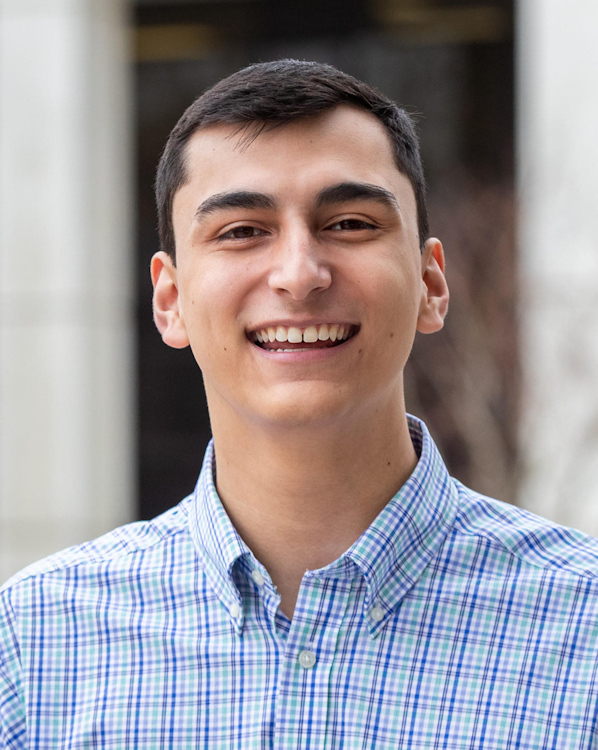Guillermo Estrada is the recipient of Wayne Community College’s Governor Robert W. Scott Student Leadership Award.

Estrada is working toward his associate in arts degree and is in the college’s Global Distinction and Honors programs. He is also dual enrolled at Wayne School of Engineering.
The award highlights an outstanding curriculum student’s leadership and service. It honors former Gov. Bob Scott who served as the state’s chief executive officer 1968-1972 and president of the North Carolina Community College System 1983-1995.
Estrada is the president of the North Carolina 4-H State Council, a member of the North Carolina Superintendent’s Student Advisory Council, chair of the Wayne Regional Agricultural Fair Junior Board, member of the Wayne County Junior Leadership Program’s Class of 2022, and a campaign intern for North Carolina House of Representatives Majority Leader John Bell.
He has received numerous 4-H recognitions and was named to the 2020 LatinxEd 20 Under 20 list.
“Leadership does not always come with credit, but great leadership helps build bridges to help reach higher mountains than you anticipated climbing.” Estrada wrote in an essay about his experiences in leadership roles. “True leadership requires leaders to be the mentors their peers need to become successful and continue to climb mountains that seem too tall.”
Upon his selection for this honor, Estrada became the college’s nominee for the North Carolina Community College System’s statewide version of this award.
Jasmine Wiley, also an associate in arts major, was a finalist for the award.
Wayne Community College is a public, learning-centered institution with an open-door admission policy located in Goldsboro, N.C. As it works to develop a highly skilled and competitive workforce, the college serves 10,000 individuals annually as well as businesses, industry, and community organizations with high quality, affordable, accessible learning opportunities, including more than 165 college credit programs. WCC’s mission is to meet the educational, training, and cultural needs of the communities it serves.

